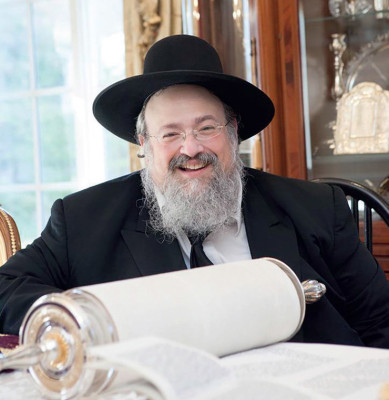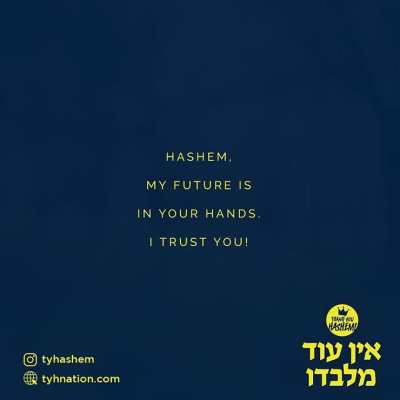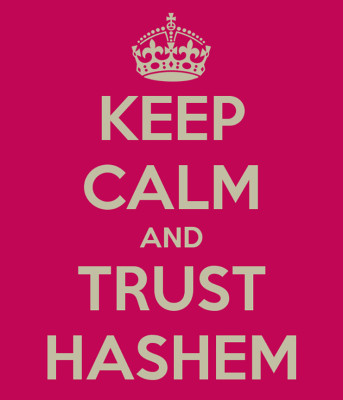


Understanding Golus And Geula: The Dichotomy Of The Seder
It is known that the Yom Tov of Pesach corresponds to emunah, faith. The experience of the Egyptians, from our affliction of golus, exile, to our geulah, redemption, we see and learn of the Jewish nation’s faith in Hashem. The mitzvot and practices at the Seder are all geared to teach and instill in us, lessons of faith. The avodah of Pesach is to strengthen ourselves in both emunah and bitachon, faith and reliance in our Creator.
First, we must believe that Hashem is the borai, creator of the world. Next, we must believe that Hashem is the manhig, running our world to the finest detail. It is said that Shabbos represents Hashem creating the world, while Pesach corresponds to his absolute control over every nuisance in its midst, as is defined in the pasuk of “anochi Hashem elokecha asher hotzeteecha m'eretz Mitzrayim.” Yetziat Mitzrayim is the proof that Hashem is both elokecha, the master of everything taking place from goodness to punishment.
Q: What does it mean to have faith that Hashem is the ruler?
There is a big difference between saying that one believes in Hashem as the ruler and conducting our life in that manner. The human sociologically is programmed to have the need to control his own destiny and affairs. To surrender this concept and believe that one is not the boss over themselves, and their life is extremely against one’s nature. Admitting that Hashem is solely in control is the avodah of a Jew in fulfilling the requirement of having faith.
King Pharaoh, who according to our sages was convinced that he was G-d, was taught a big lesson about Hashem as the supreme dictator of man’s affairs. In the beginning of Parshat Bo, Hashem instructs Moshe Rabbeinu to tell Pharaoh that Hashem has hardened his heart, removing Pharaoh’s option of free choice, a big setback for one who thought he was G-d.
At some point we are guilty of Pharaoh's folly, especially when we overthink and calculate our every move as if we are the boss, in control of our future and success. Yet, we are making a mockery of ourselves, while our option for choice was not removed, we now understand that Hashem is the ruler, and we have little to say in the matter. How much happier we would all be if we trusted and put our affairs in Hashem's hands, for only He knows what is best for His children.
Presented in memory
of HaGaon HaRav Aharon Walkin Ztk"l
Shiurei Lev Aharon: Pesach – The Secret To Happiness In Life
Typography
- Smaller Small Medium Big Bigger
- Default Helvetica Segoe Georgia Times
- Reading Mode












